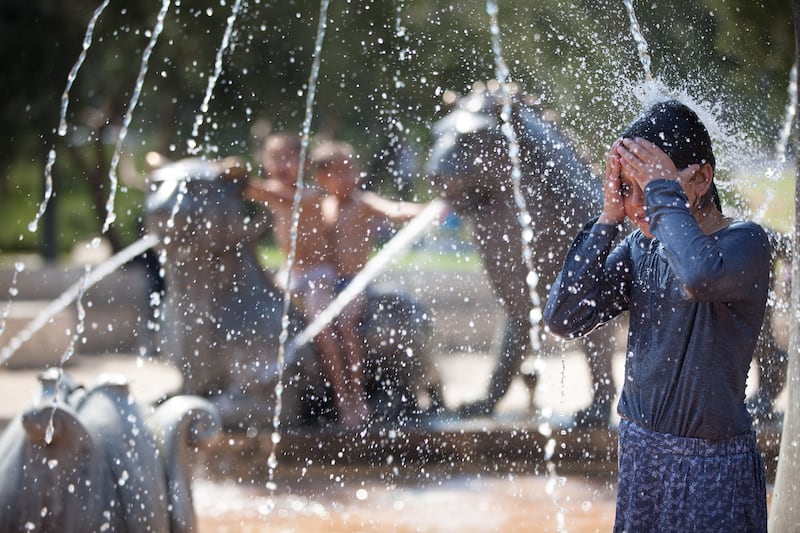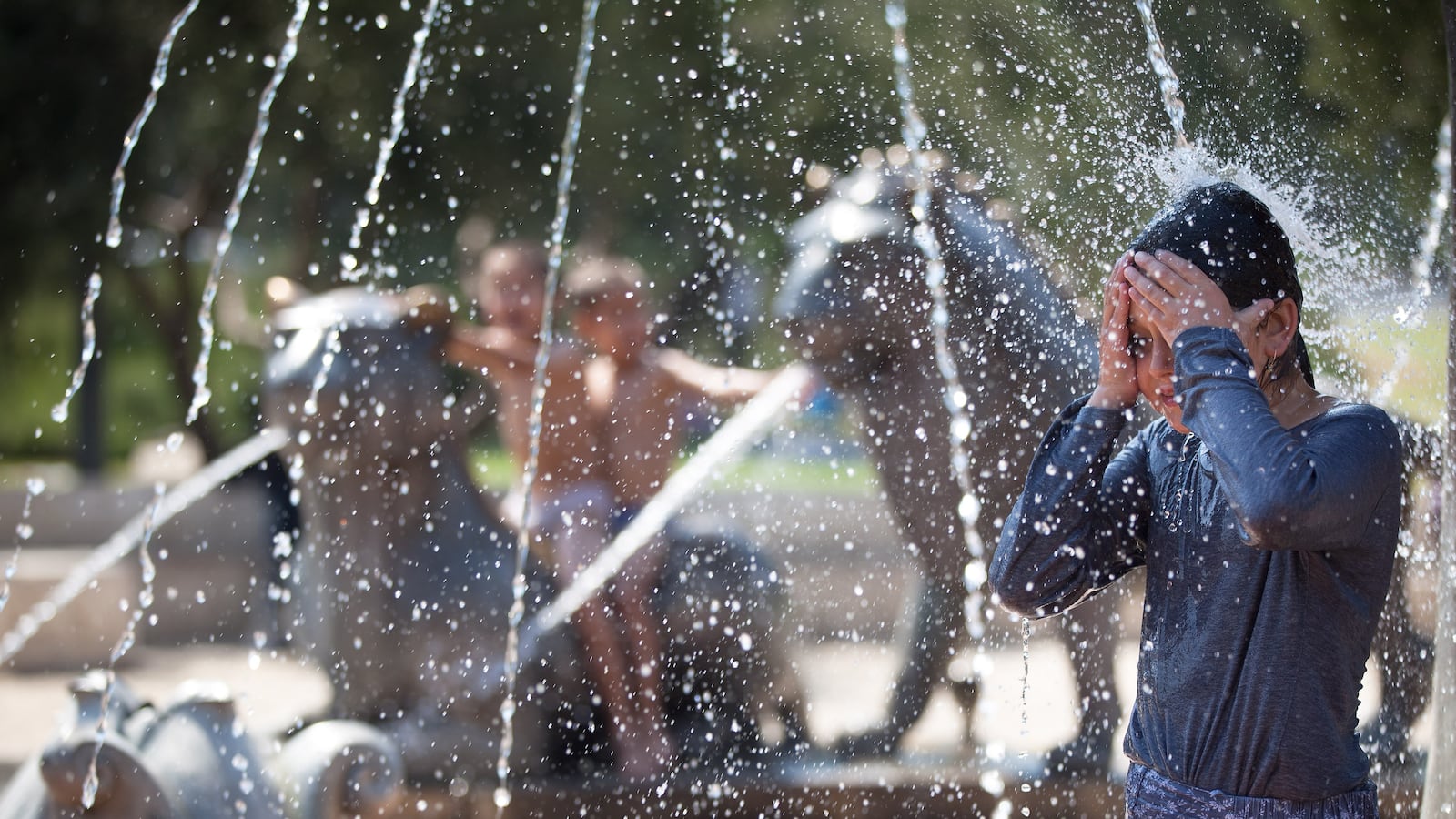Despite war drums beating and appalling anti-Arab beatings, the Israeli school year started quite normally yesterday, August 27. Pushy parents and cranky kids swarmed clothing stores and stationery stores on Sunday. They were then followed by legions of fresh-faced students dreading the return to school on Monday. But you’d never know it, given the headlines, which advanced a political agenda by always caricaturing Israel—and Jerusalem—as dysfunctional.
Life in Jerusalem today is quite pleasant and peaceful—far more similar to clean, safe Montreal in the 1990s than the racially-charged Boston I first encountered in the early 1980s or the crime-scarred New York I grew up in during the 1970s. That does not mean that Jerusalem is problem free—no city is. And the problem that erupted in Zion Square last week was particularly heartbreaking. An Arab teenager, Jamal Julani, 17 was beaten unconscious by a mob of Jewish teenagers, shouting “Death to Arabs.” One of the eight who was subsequently apprehended uttered more bigoted statements when remanded.

By contrast, the entire Israeli political establishment led by Prime Minister Benjamin Netanyahu united in what President Shimon Peres called “shame and outrage.” Knesset Speaker Reuven Rivlin visited Julani and his family in Hadassah Hospital, which itself happens to be a lush garden of Arab-Jewish cooperation, where individuals work naturally with each other and serve human beings with tremendous dignity, no matter what their ethnicity, citizenship, or religion.
“It is hard to see you lying in the hospital because of an unimaginable, outrageous act,” Rivlin told Julani, who is now at home. “I came here in the name of the State of Israel, in order to apologize and express anger over what happened.” Rivlin, a proud right-wing Likudnik, was particularly appalled that some of the hooligans wore Betar soccer shirts. He noted how disgusted the founder of Betar and revisionist Zionism, Ze’ev Jabotinsky would have been by the crime. And then, showing he was not mentioning the historic disjunction to dodge responsibility but to take it, he said: “We, the government, the Knesset, schools and everyone who sees himself as a leader, are responsible for this.”
In turn, showing the seeds educators can sow, we had at least two conversations about the incident around our table, and another one with family friends within six hours of the kids returning home that day.
Young teenagers calling out “Death to the Arabs” while beating a fellow human being is a despicable byproduct of an inflamed atmosphere, and reflects the worst of Israeli society. Predictably, Israel’s critics have jumped on the incident, using these crimes to indict Israel’s society, culture, and politics more broadly. But that simplistic demonizing narrative overlooks the fact that Israel’s “right wing” leaders are taking responsibility for such violence and trying to educate youth away from such horrors. While Israel’s defenders will only focus on the leaders’ anguished but constructive response—and contrast it with Palestinian celebrations of terror—a true, nuanced conversation about Israel—like all democratic societies—must acknowledge the good and the bad.
The truth in the Middle East is murky. Simplistic condemnations or celebrations should invite suspicion. In complexity, we may not find salvation, but we will at least be closer to the truth and, possibly, better mutual understanding.






